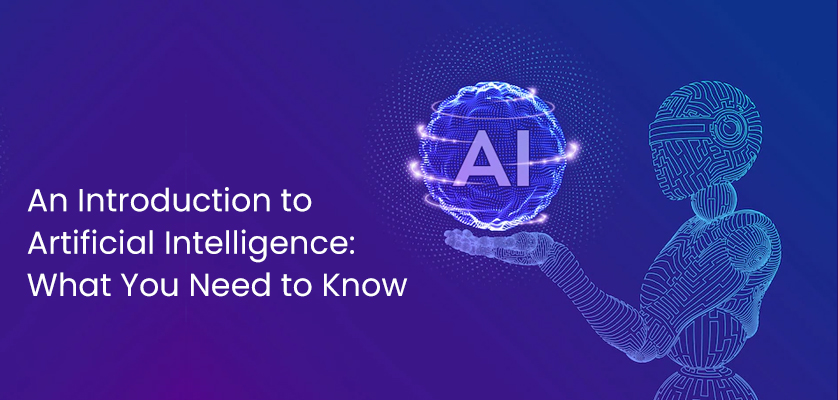Artificial Intelligence (AI) refers to the development of computer systems that can perform tasks that typically require human intelligence, such as perception, reasoning, decision-making, and learning. It involves the development of algorithms and computer programs that can perform tasks that typically require human intelligence, such as understanding natural language, recognizing images, and making decisions.
Artificial Intelligence (AI) is a rapidly evolving field that is revolutionizing industries and shaping the future of technology. From self-driving cars to intelligent personal assistants, AI technology is becoming increasingly prevalent in our daily lives. However, for many people, the concept of AI can be overwhelming and confusing. This blog aims to provide an introduction to AI, breaking down the key concepts and technologies that make up this exciting field. We will explore the following points:
The History of Artificial Intelligence
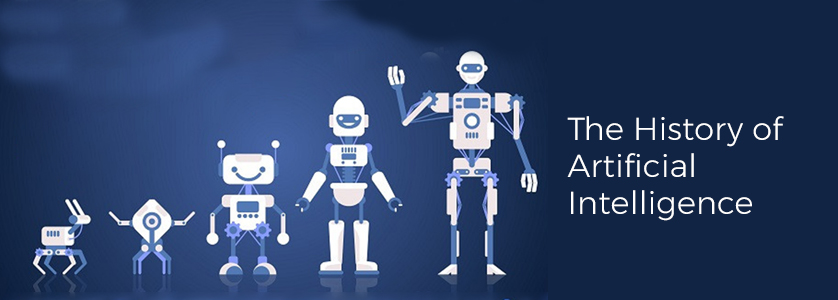
The history of Artificial Intelligence (AI) began in the 1950s with the proposal of creating “thinking machines” that could mimic human intelligence. This led to the Dartmouth Conference, which is considered the birth of AI as a scientific field. Early AI focused on rule-based systems and expert systems but shifted towards neural networks and machine learning in the 1980s. With advancements in technology and access to big data, AI has made significant progress in recent years and is being applied in various industries. However, it also raises ethical concerns such as job displacement and the need for transparency and accountability.
The Different Types of Artificial Intelligence
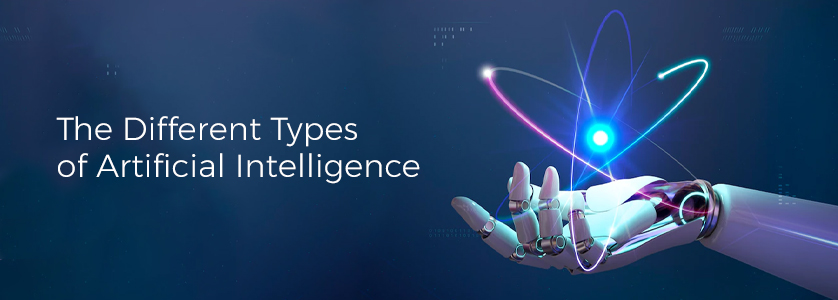
Different techniques and approaches are used to achieve Artificial Intelligence, each with its own strengths and weaknesses. Some of the most common types of AI include:
Reactive Machines: These are the most basic form of AI, and are designed to respond to specific situations without the ability to form memories or make decisions based on past experiences.
Theory of Mind: These AI systems are designed to understand and simulate human emotions, beliefs, and desires. They are still in the early stages of development and are not yet widely used in practical applications.
Self-Aware: These AI systems have the ability to be self-aware and have consciousness, but this type of AI is still theoretical and the field is still in the early stages of research.
General AI: These AI systems have the ability to perform any intellectual task that a human can, and can be considered a “smart” AI. They are still under development and there are no examples of general AI in the world yet.
How Artificial Intelligence Works
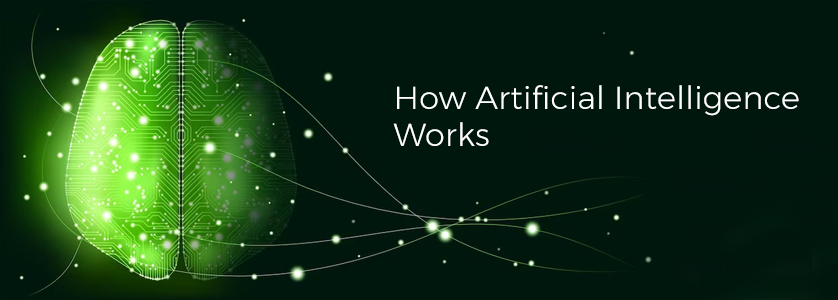
Artificial intelligence (AI) works by simulating human intelligence in machines through the use of algorithms and computer programs. The basic idea behind AI is to create systems that can perform tasks that typically require human intelligence, such as understanding natural language, recognizing images, and making decisions. There are several different approaches to creating AI, but the most common method is machine learning. Machine learning is a subset of AI that involves the development of algorithms that can learn from data and improve their performance over time.
To train a deep learning model, a large dataset is used to “teach” the model to perform a specific task. For example, to train a model to recognize images of cats, a dataset of thousands of images of cats would be used. The model would then learn to recognize the features of a cat, such as a fur, whiskers, and a tail, by adjusting the connections between the neurons.
Once the model is trained, it can be used to make predictions on new data. For example, if the model is shown an image it has never seen before, it can predict whether or not the image contains a cat.
The Potential Applications of Artificial Intelligence
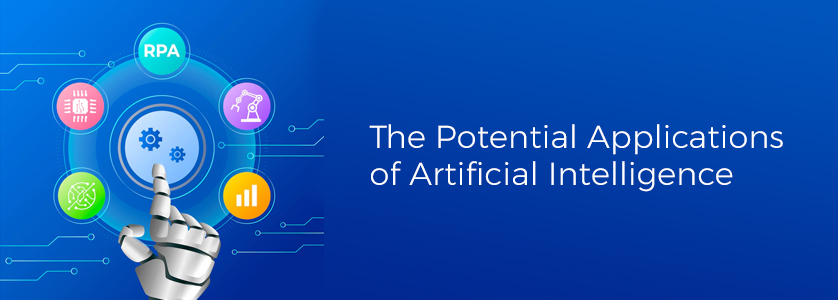
Artificial intelligence (AI) has the potential to change the way we live and work across many industries. Some of the most potential applications of AI include:
-
Healthcare: AI can assist in the diagnosis of diseases, analyze medical images and monitor vital signs.
-
Transportation: Self-driving cars, drones, and other autonomous vehicles use AI to navigate and make decisions.
-
Finance: AI can detect fraud, analyze financial data and make investment decisions.
-
Manufacturing: AI can optimize production processes, predict equipment failures and improve supply chain management.
-
Retail: AI can improve customer service, personalize recommendations and optimize pricing strategies.
-
Education: AI can create personalized learning experiences and provide customized instruction.
The Impact of Artificial Intelligence on Society
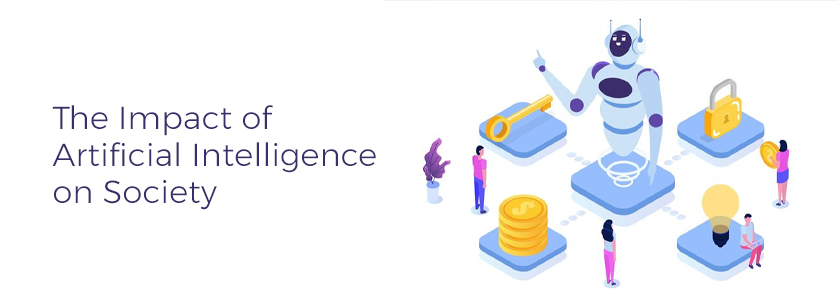
Artificial intelligence (AI) has the potential to bring significant changes to society, both positive and negative. One of the main impacts is job displacement, particularly in industries such as manufacturing, transportation, and customer service. Automation of these tasks could lead to job displacement and a shift in the types of skills required in the workforce.
On the other hand, AI also has the potential to drive economic growth by increasing productivity and efficiency across various industries. This could lead to increased productivity, higher wages, and improved standards of living. Additionally, AI-powered technologies such as self-driving cars and drones have the potential to reduce accidents and make transportation more efficient.
However, there is a concern that the use of AI could exacerbate inequality, where the benefits of AI-driven economic growth may not be distributed evenly among society, with the majority of the benefits accruing to the already wealthy. It is important to consider these potential negative impacts and take steps to mitigate them such as retraining programs for displaced workers and implementing policies for the fair distribution of AI benefits.
Conclusion
In conclusion, Artificial Intelligence (AI) is a rapidly growing field that has the potential to change the way we live, work, and interact with technology. Understanding the basics of AI, its different types and applications, is important for anyone interested in this field. To get started with AI, it’s important to learn the basics, get hands-on experience with AI tools and techniques, and experiment with real-world datasets. It’s also important to stay informed about the latest developments in the field and think about how AI can be used to solve real-world problems and benefit society as a whole.
Read more:- The Top 10 Most Popular Mobile App Development Frameworks

